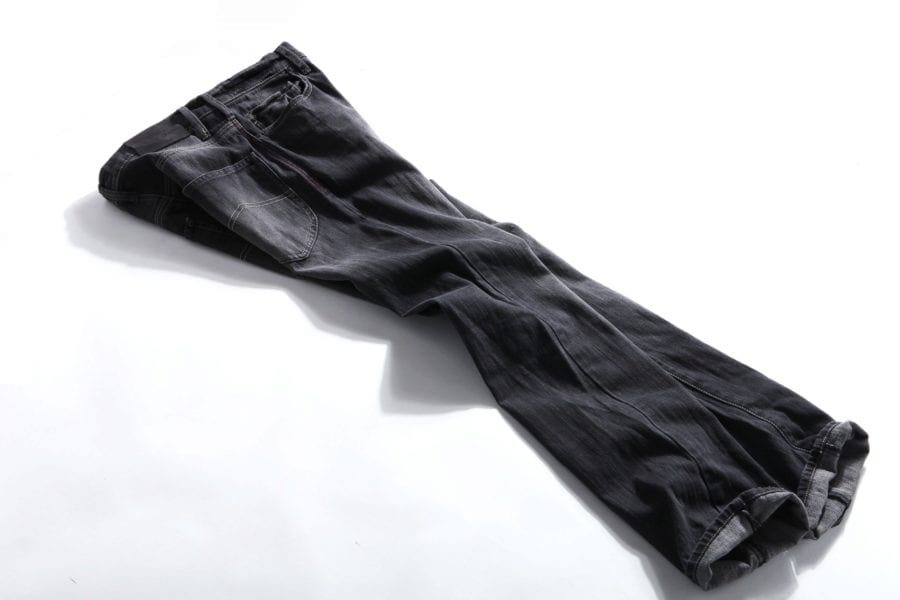Falsely suggests a connection
Mastering the Law of TrademarksUnder Canadian trademark law, a mark that may falsely suggest a connection with a living individual cannot be registered without that individual's consent. The policy behind this bar is that an individual's name, or other matter related to the individual, should not be commercially exploited without permission from that individual.
False suggestion
Where a trademark probably suggests a connection with a living individual, but there is in fact no connection and the individual has not provided their consent, the trademark may be unregistrable.

HERE'S JOHNNY
HERE'S JOHNNY has been refused registration as a trademark for portable trailers, outhouses, lavatory facilities and the rental of the same. Johnny Carson had objected to the registration on the grounds that the phrase "Here's Johnny", which was used to introduce him on the Tonight Show for many years, was so closely associated with himself that its use by anyone in Canada would suggest a connection with him. Due to the extent of the Canadian public's awareness of the Tonight Show and Johnny Carson's personal notoriety in Canada, the Federal Court found that "Here's Johnny" probably suggested, to a significant number of people in Canada, a connection with Mr. Carson. Since there was no connection between the trademark applicant and Johnny Carson, the trademark was not registrable without Mr. Carson's consent.
View the decisionSignificant public reputation
For a mark to suggest a connection with a particular living individual, there must be evidence that the individual has a significant public reputation.

CACHAREL
CACHAREL has been allowed registration as a trademark for men's pants. Jean Bousquet, a fashion designer who lived in Paris, France and worked under the name Jean Cacharel, challenged the validity of the registration of the trademark CACHAREL on the grounds that it falsely suggested a connection with himself. However, the evidence before the Federal Court failed to reveal that a significant number of people in Canada associated the name Jean Cacharel with a particular living individual. Thus, the trademark CACHAREL did not suggest a connection with Jean Cacharel and was registrable. The Federal Court of Appeal affirmed this decision.
In Canada
The significant public reputation must be in Canada.

JACK BLACK
JACK BLACK has been allowed registration as a trademark for sunscreen and various lotions. The Trademarks Office had contended that the mark falsely suggested a connection with a living individual and was not "registrable since JACK BLACK is an internationally renowned actor, comedian and musician." The Federal Court disagreed with the Trademarks Office due to the lack of evidence of significant public reputation in Canada, and the existence of evidence which tended to show that there was no such connection in Canada. As a result, the trademark application was allowed.
View the decisionFurther Learning Resources
Canada's Trademarks Act governs the registration of trademarks. By virtue of paragraph 12(1)(e) and paragraph 9(1)(k) of the Act, no one can register "any mark consisting of, or so nearly resembling as to be likely to be mistaken for, any matter that may falsely suggest a connection with any living individual". Paragraph 9(1)(k) must be read in conjunction with paragraph 9(2)(a), which provides an exception for instances where the living individual provides consent.
The Trademarks Examination Manual is published by the Canadian Intellectual Property Office (CIPO) and includes an entry on paragraph 9(1)(k) of the Trademarks Act (at §IV.10.7 of the Manual) and an entry on paragraph 9(2)(a) of the Trademarks Act (at §IV.10.14 of the Manual).
The material made available on this website does not constitute legal or professional advice and should not be relied upon as such. Always obtain legal advice promptly in deciding an appropriate course of action for your particular situation.